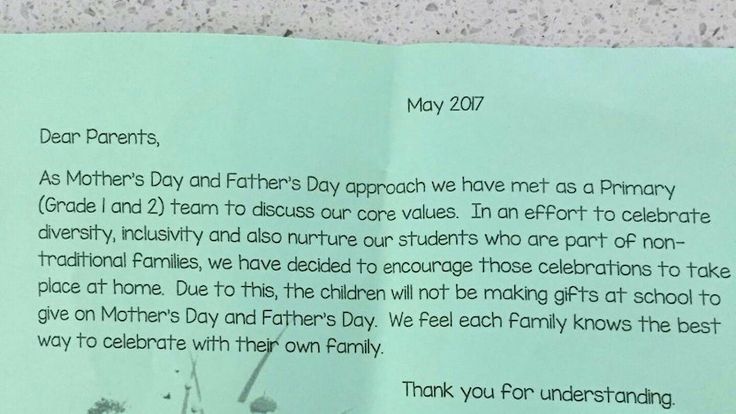Every year, on the second Sunday of May, people around the world take a moment to express their gratitude and love for mothers. Mother’s Day is a celebrated tradition, and it offers an opportunity for children and adults to honor the maternal figures in their lives. However, in recent times, there have been discussions on whether this holiday should be canceled or not. As a teacher who has witnessed the joy and happiness this day brings to mothers and families, I stand staunchly against canceling Mother’s Day, and here are my reasons why.
First and foremost, honoring mothers and the critical role they play in our lives is significant. Mothers are often the primary caregivers of families, dedicating immense amounts of time, energy, and love to raising their children. They make countless sacrifices to ensure that their kids grow up in a healthy and nurturing environment. Celebrating Mother’s Day is a way to appreciate these formidable women for their relentless dedication.
Secondly, Mother’s Day fosters relationship-building between children and their mothers as well as amongst siblings. It encourages children to collaborate with one another in planning special surprises or activities for the day. Often, families may come together to celebrate the occasion collectively, thus spending quality time with each other.
Moreover, from an educational standpoint, utilizing Mother’s Day as a learning opportunity through activities like crafting handmade cards or writing heartfelt messages can help develop emotional intelligence as well as creativity in children. It can also be an excellent moment to teach them about empathy and understanding towards others’ feelings.
Admittedly, some argue that Mother’s Day can be exclusionary on various grounds such as for those who have lost their moms or have complicated relationships with their mothers. However, it is essential to recognize that inclusivity can still be achieved without forgoing celebrating mothers. In classrooms and beyond, educators can educate children about different family structures and ensure that everyone can participate in celebrating motherly figures in their lives – or any other cherished adult caregivers.
Canceling Mother’s Day is not the solution. Instead, we should strive for sensitivities to individual circumstances while continuing to celebrate the remarkable women who have brought us into the world and molded us into who we are today.
In conclusion, Mother’s Day plays a crucial role in fostering family bonding and developing emotional intelligence in children. As a teacher, I stand against canceling this invaluable holiday and believe that, with consideration of diverse experiences, we can maintain its essence while ensuring that nobody feels excluded.





